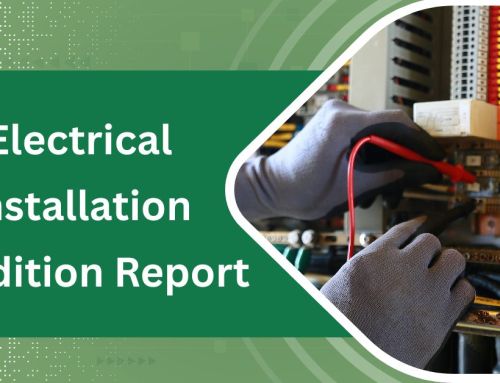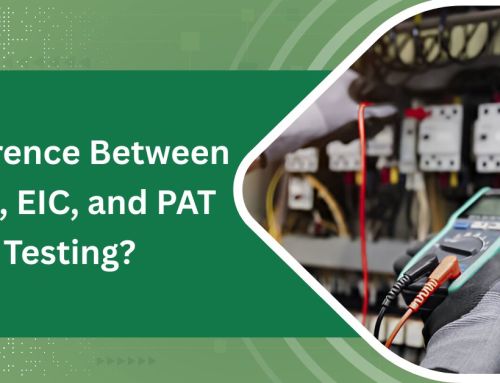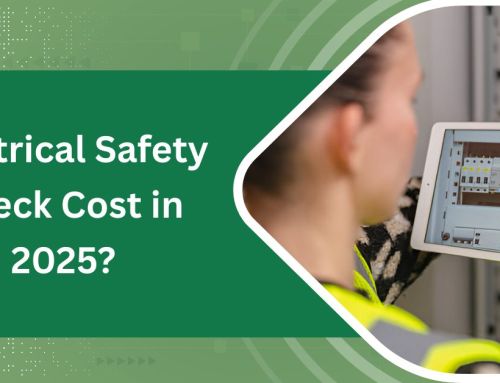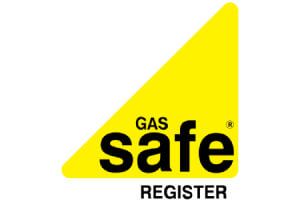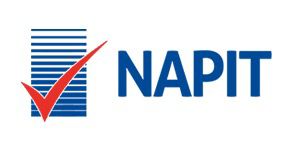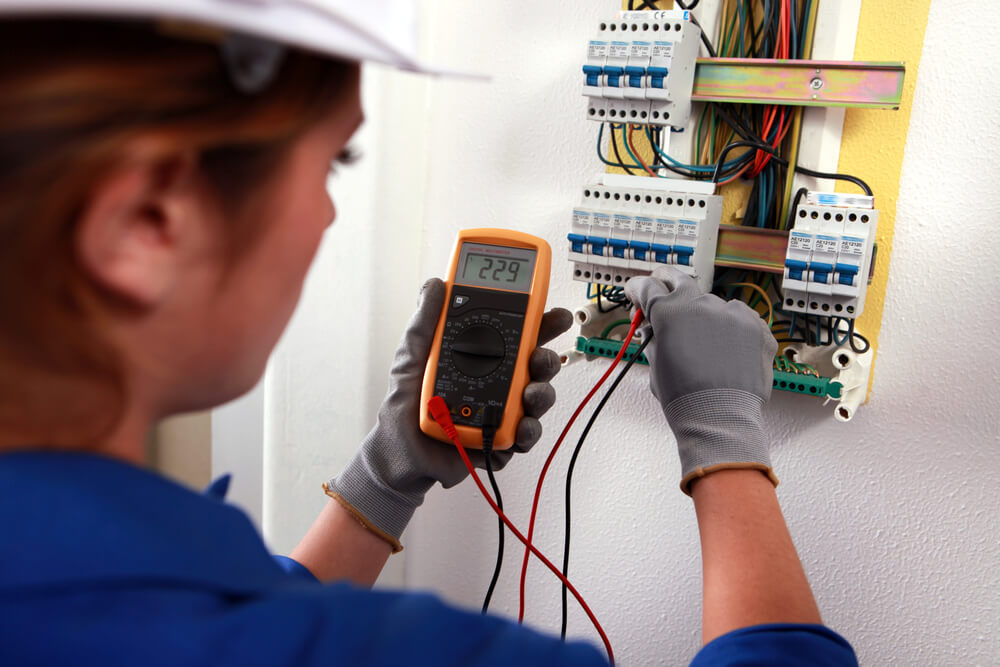
Does a Seller Have to Provide an Electrical Safety Certificate When Selling a Property?
Does a Seller Have to Provide an Electrical Safety Certificate When Selling a Property;
When selling a property, your solicitor may require that you complete a residential or commercial property information form which includes sections related to the electrical system.
Although not a legal requirement, an electrical safety certificate could expedite the process and give your buyer peace of mind that their property is electrically safe.
It is not a legal requirement (Does a Seller Have to Provide an Electrical Safety Certificate When Selling a Property)
Does a Seller Have to Provide an Electrical Safety Certificate When Selling a Property;
When selling your house, you may be required to fill out a residential or commercial property information form that includes sections on the electrical system of the home. Doing this can give potential buyers peace of mind that your house is secure for living in and expedite the selling process.
However, it is not a legal requirement for sellers to provide an electrical safety certificate. It’s simply something your solicitor may request.
Homeowners must ensure their homes have up-to-date RCD and smoke alarm compliance, as this is considered mandatory. Installing these can cost as little as $80 and is an excellent way of safeguarding your house against electrical fires.
Likewise, landlords who recently rented out their house should also get an electrical inspection conducted by an accredited person. Doing this helps keep tenants and the surrounding area safe from electrical accidents.
Additionally, you will require to obtain either an Electrical Installation Certificate (EIC) or Minor Electrical Installation Works Certificate (MEIWC). These certificates are issued by the Electric Board and provide written confirmation that your electrical system is in excellent condition.
As a landlord, you can face legal repercussions for failing to adhere to electrical safety laws and an EIC is your best protection. Alternatively, you could purchase an indemnity policy which would cover any damage resulting from not having an EIC.
An electrician should be called for any electrical work on your house or property as they possess the knowledge to inspect and ensure the electricity in your premises is secure. Furthermore, they can provide you with an Electrical Installation Condition Report which details the overall condition of all wiring and appliances within your system.
If you do not possess a current EIC or MEIWC, the buyer may not be able to complete the transaction and the property could even collapse. It is wise to consult your conveyancing lawyer and learn more about the potential repercussions of not having an electrical safety certificate before selling your house.
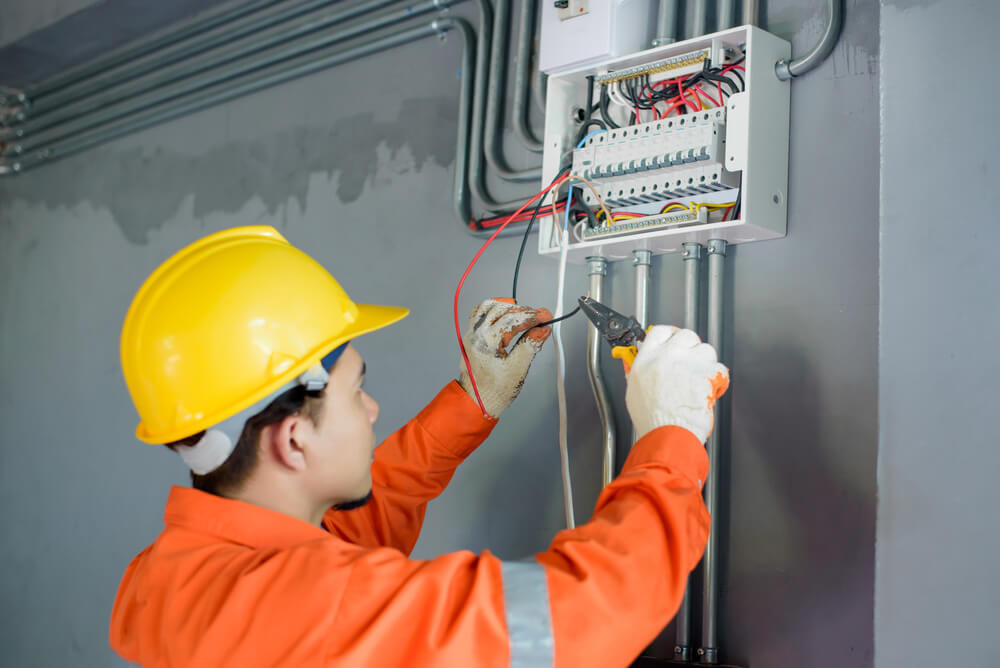
It is a good idea (Does a Seller Have to Provide an Electrical Safety Certificate When Selling a Property)
Does a Seller Have to Provide an Electrical Safety Certificate When Selling a Property;
Although not required, providing an electrical safety certificate to a seller can be beneficial. This demonstrates to potential buyers that the property has a functioning electrical system and may help expedite the selling process.
Potential tenants will appreciate having proof that their home is secure, especially for young children. Furthermore, this proof can serve as evidence in case an accident occurs and strengthens any insurance claim made.
The UK government has implemented new rules to enhance electrical safety in homes, requiring all private landlords to get regular electrical inspections performed by a registered electrician every few years. These tests ensure the electrical installation in a property meets certain standards and shield renters from electricity-related hazards – an enormous step forward!
Landlords who fail to adhere to the new regulations could face a fine. Furthermore, some insurance companies may refuse repair claims if they feel that electrics haven’t been maintained correctly.
An electrical safety certificate will identify any problems that need addressing and make the property more appealing to prospective buyers. Furthermore, it provides advice for energy efficiency and reducing power consumption – helping save money in the long run.
Insurance companies may find it beneficial to know that a property has been regularly inspected and its wiring is up-to-date. This helps them assess whether a claim can be successful or not, since claims with inadequate electrical systems are more likely to be rejected.
If the electrician who conducted the test finds any faults with the property’s electrical installation, they will issue a report known as an Electrical Installation Condition Report (EICR). This can be issued online and takes several days to reach its intended recipient.
The electrician will inspect each element of your electrical system to guarantee it meets all required standards. This includes checking fixed items like wiring, socket outlets, light fittings and consumer units; additionally they check for smoke alarms and RCD compliance. If any are missing, they will recommend their installation within 28 days after issuing their report.
It can speed up the process (Does a Seller Have to Provide an Electrical Safety Certificate When Selling a Property)
Does a Seller Have to Provide an Electrical Safety Certificate When Selling a Property;
No legal requirement exists to obtain an electrical safety certificate when selling a house. However, buyers may request one for peace of mind prior to making their purchase. Doing so could expedite the process and give both buyers and sellers peace of mind.
To obtain an electrical safety certificate for a property, hire a qualified electrician to conduct a full examination of its electrical systems and identify any areas needing attention. They will assess all areas such as circuits, wiring and equipment to make sure everything is in good condition and meets current regulations regarding electrical safety.
Once the assessment is complete, the electrician will generate a report outlining his findings. This document will then be sent to you for your records.
Once the electrical system passes testing, your EICR will be marked as’satisfactory’ and you can proceed with prepping the property for further testing and inspection. If any areas have been deemed unsatisfactory or do not meet current standards, an engineer will indicate this in his report and suggest work that needs to be done to rectify them.
In addition to noting any necessary corrections, the EICR also contains suggestions for cutting energy usage and making the property more energy-efficient. These can save landlord money while decreasing carbon emissions.
Energy efficiency has become a top priority for home buyers, with 89% looking for sustainable properties. Not only will this save them money on bills but it can also increase the value of their house.
Furthermore, having an electrical safety certificate when selling your property makes it much simpler for the conveyancing solicitor to verify that all electricals are working correctly and don’t need any repairs or maintenance. This could expedite the sale process considerably and make it quicker to exchange contracts.
An Electrical Safety Certificate is a small price to pay for the numerous benefits it can provide. Not only will it save you money on insurance and repairs, but it will also prevent non-compliance fines that could otherwise lead to costly fines.
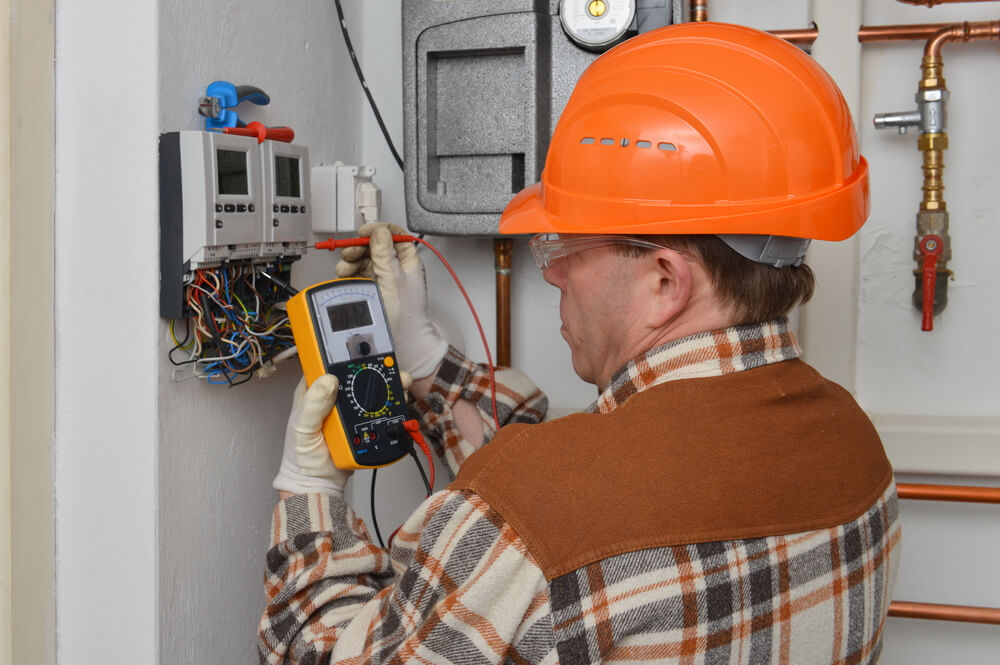
It is not mandatory (Does a Seller Have to Provide an Electrical Safety Certificate When Selling a Property)
Does a Seller Have to Provide an Electrical Safety Certificate When Selling a Property;
When selling your home, you may be wondering if an electrical safety certificate is necessary. While this isn’t a legal requirement, providing such a certificate can make your property more appealing to potential buyers and expedite the process.
It is essential to remember that house fires can be caused by malfunctioning electricals. That is why having your electricals checked regularly by an electrician helps guarantee they remain up-to-date and secure.
In the UK, electrical installations must be tested and inspected by an accredited electrician to guarantee they meet relevant standards. This is done in accordance with Part P of the Building Regulations.
An electrical safety certificate is a report that pinpoints any hazardous faults in your home. It also displays the state of your electrical installation and what work needs to be done to resolve issues.
An electrical safety certificate can save you from facing fines and guarantee the security of your property for you to live in. This is essential for many people as it helps reduce the likelihood of having an accident or injury at home.
The cost of an electrical safety certificate is a small price to pay for peace of mind and will only cause you a minor financial strain in the long run. Conversely, non-compliance can have far greater repercussions.
As a landlord, it is essential to have an EICR for your rental property. From April 2021 onwards, this requirement will apply to all private rental properties in England.
Our Pricing
| Our Electrical Safety Certificate Prices |
|---|
| Studio Apartment £67.99 |
| 1 – 3 Bedroom £81.99 |
| 4 Bedroom £89.99 |
| 5 Bedroom £98.99 |
Check Out Our Other Services
| EICR | Commercial EICR | Emergency Light Certificate |
|---|---|---|
| Electrical Diagnostic | PAT Testing | Fuse Box Installation |
About the Author: LandlordCertificate
Related Posts
Get Social
Recent Posts
- Understanding Fire Extinguisher Testing: What It Involves
- Gas Safety Certificate Requirements: What Every UK Property Owner Must Know
- What Is the Fire Risk Assessment Cost
- Gas Safety Certificate in London: What It Is and Why You Must Have One
- Why Getting an Asbestos Survey Matters for Property Safety


